In an increasingly globalized society, the advantages of raising children in a multicultural environment are more significant than ever. This exposure to diverse cultures and traditions provides a unique educational experience that extends beyond the classroom walls, preparing them for a world that is interconnected and multifaceted. Children who grow up in such environments gain a broader perspective on life, understanding and appreciating the richness that different cultures bring to their worldview. These experiences shape them into more well-rounded and empathetic individuals, equipped with skills and insights that are invaluable in the modern world. Let’s explore the myriad unexpected benefits that this multicultural upbringing can offer.
1. Broadened Perspectives
Children exposed to multiple cultures from a young age develop an open-minded approach to life. They learn that there are multiple ways to perceive the world, which encourages flexibility in thinking and problem-solving. This exposure helps to dismantle stereotypes and reduce prejudices, fostering a sense of global citizenship. Kids become more curious, often leading to a lifelong love of learning and discovery.
2. Enhanced Communication Skills
Multicultural environments are linguistic goldmines, offering children the chance to learn and master new languages. This multilingual ability enhances cognitive development and increases adaptability in communication. They become adept at switching between languages and cultural contexts, improving their overall communication skills. This linguistic dexterity can open doors to international opportunities in the future.
3. Increased Empathy and Cultural Sensitivity
Regular interaction with diverse cultural groups nurtures empathy and cultural sensitivity in children. They understand and respect differences in opinions, beliefs, and lifestyles, which is crucial in today’s global village. This empathy goes beyond mere tolerance, leading to a deep-rooted respect for others, regardless of their background.
4. Stronger Social Skills
Kids raised in multicultural settings often develop better social skills, as they interact with a wide range of people. They learn to navigate various social norms and behaviors, making them adept at making friends and building relationships with people from different cultures. This inclusivity and social adaptability are key traits for personal and professional success.
5. Resilience and Adaptability
Adapting to different cultural norms and environments builds resilience and flexibility. Children learn to manage change and uncertainty, traits that are highly valued in today’s ever-evolving world. This resilience helps them face life’s challenges with a positive outlook and a can-do attitude.
6. Creative Thinking and Innovation
Multicultural exposure stimulates creativity and innovative thinking. Children learn to combine and apply ideas from various cultural backgrounds, leading to unique problem-solving skills. This ability to think outside the traditional box is a critical skill in many creative and professional fields.
7. Improved Academic Performance
Studies have shown that children in multicultural environments often perform better academically. They gain a more comprehensive understanding of the world, which can enhance their studies and increase their enthusiasm for learning. This academic advantage can lead to better educational and career opportunities in the future.
8. A Sense of Global Citizenship
Growing up in a multicultural setting instills a sense of global citizenship in children. They are more aware of global issues and feel a sense of responsibility toward addressing them. This global awareness can shape them into proactive, conscientious adults who contribute positively to society.
9. Enhanced Professional Prospects
The skills acquired from a multicultural upbringing, such as language proficiency, cultural sensitivity, and adaptability, are highly sought after in the global job market. These individuals are well-equipped to work in diverse teams and adapt to global market demands, giving them a competitive edge in their careers.
10. Appreciation for Diversity
Children raised in multicultural environments naturally develop an appreciation for diversity. They celebrate differences and recognize the value of varied cultural experiences. This appreciation can lead to richer personal relationships and a deeper understanding of the world.
11. Greater Tolerance and Reduced Discrimination
Multicultural upbringing fosters tolerance and reduces the likelihood of discrimination. Children learn to value diversity and see it as a strength rather than a difference. This mindset can lead to more harmonious communities and a more inclusive society.
12. A More Comprehensive Worldview
Children immersed in a multicultural setting develop a more comprehensive worldview, enabling them to understand and appreciate global complexities and cultural nuances. This enriched perspective helps them recognize and value the interconnectedness and interdependence of our world. It broadens their understanding of international issues, fostering a mindset that is both global and inclusive. As they grow, these children are likely to think globally and act locally, applying a broad perspective to address societal and global challenges effectively.
13. Lifetime Networking
Being raised in a multicultural environment offers children a lifetime of networking opportunities. They build connections with peers, families, and community members from diverse backgrounds, creating a global network that spans cultures and continents. These connections can later translate into professional opportunities, partnerships, and collaborations. Having a multicultural network enhances cultural exchange and understanding, providing a robust support system that spans the globe and offering unique insights and opportunities throughout their lives.
14. Personal Growth and Self-Discovery
Multicultural environments foster significant personal growth and self-discovery among children. They often engage in a continuous process of learning about their cultural heritage and the cultures of others, which enriches their identity and self-awareness. This journey of discovery helps them to form a complex and integrated personal identity that incorporates the best of multiple cultures. Such environments promote self-reflection, critical thinking, and a deeper understanding of one’s place in the world, leading to increased self-confidence and a clear sense of self.
15. Fun and Fulfillment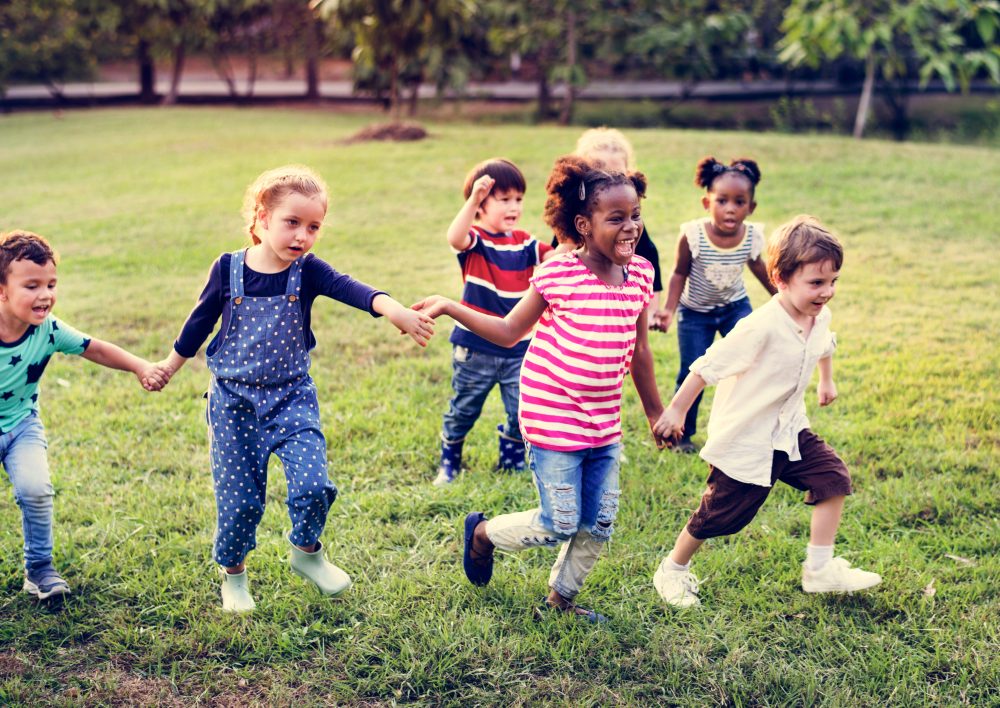
Experiencing a variety of cultures firsthand makes for a fun and fulfilling upbringing. Children in multicultural settings enjoy a vibrant array of festivals, foods, music, and traditions, which contribute to a joyful and exciting childhood. This diversity in daily life sparks curiosity and a sense of adventure, making the learning process enjoyable and engaging. Moreover, the celebration of different cultures and traditions fosters a sense of belonging and community, contributing to a child’s overall happiness and well-being.
Embracing a World of Opportunities
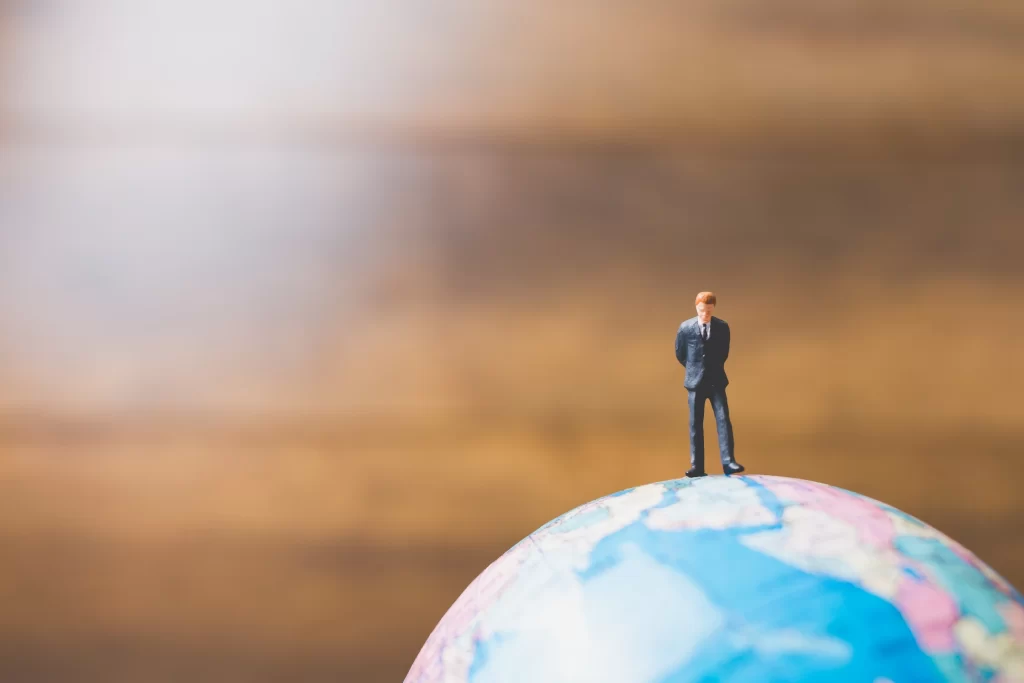
123rf
The journey of raising children in a multicultural environment is one of the most enriching experiences a family can have. It equips young individuals with the tools they need to navigate and contribute to a diverse world. As they grow, these children transform into global citizens who not only appreciate the beauty of diversity but are also ready to embrace the opportunities it brings. The path may be less conventional, but the rewards are boundless, opening doors to a world where diversity is celebrated and cherished.

Latrice is a dedicated professional with a rich background in social work, complemented by an Associate Degree in the field. Her journey has been uniquely shaped by the rewarding experience of being a stay-at-home mom to her two children, aged 13 and 5. This role has not only been a testament to her commitment to family but has also provided her with invaluable life lessons and insights.
As a mother, Latrice has embraced the opportunity to educate her children on essential life skills, with a special focus on financial literacy, the nuances of life, and the importance of inner peace.
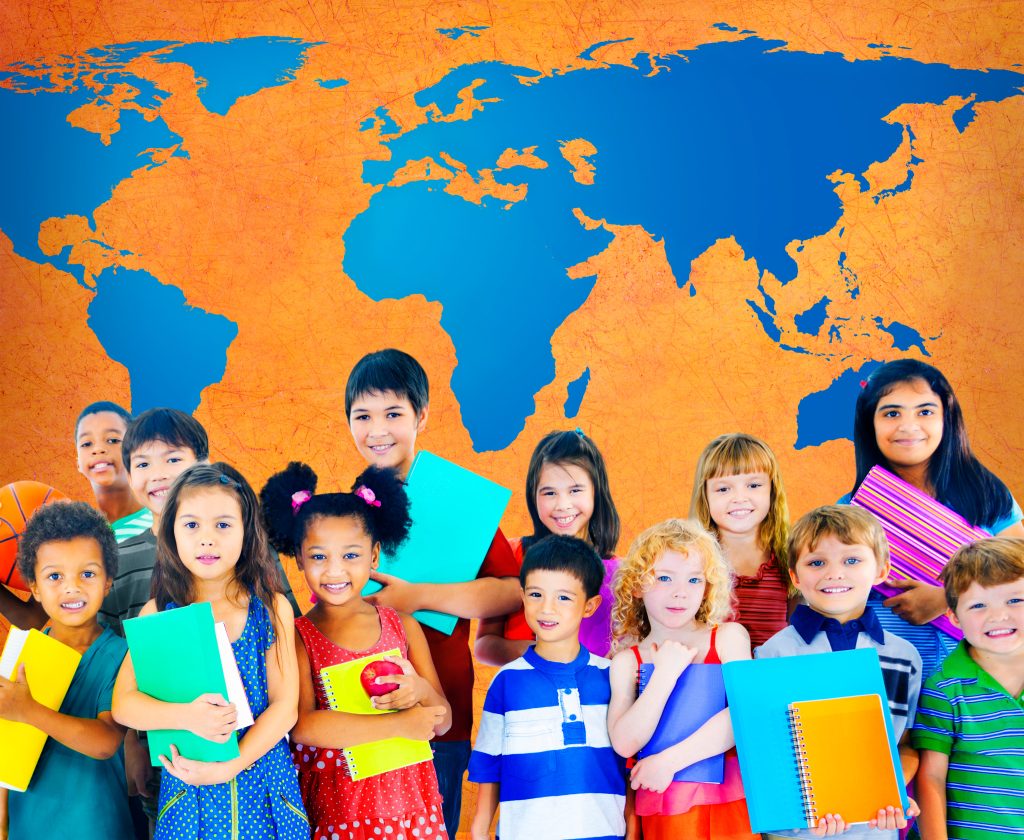


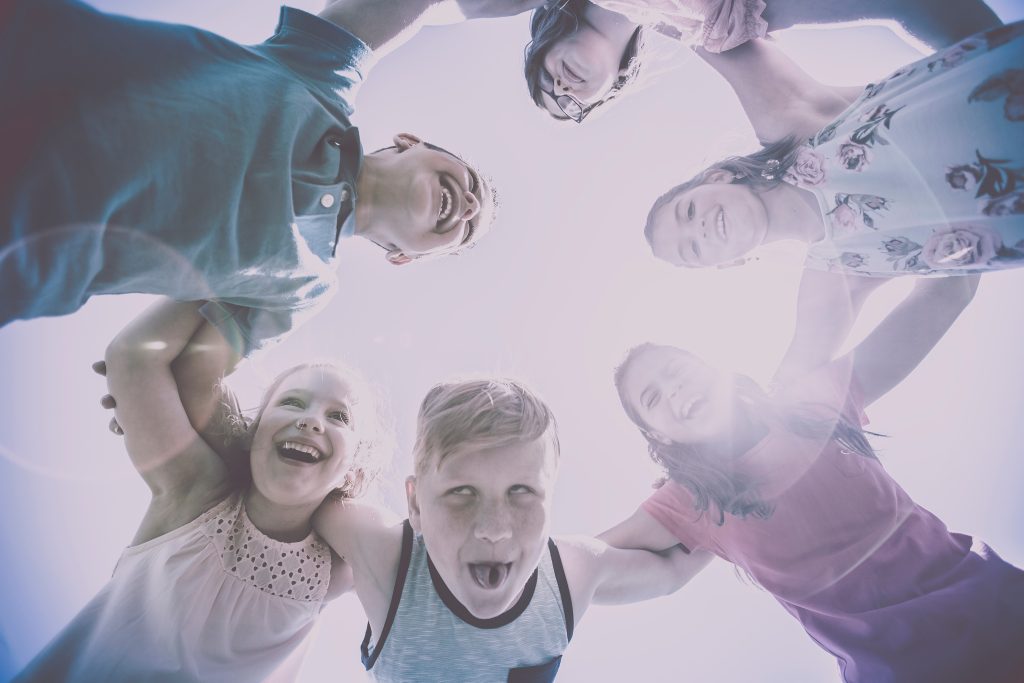
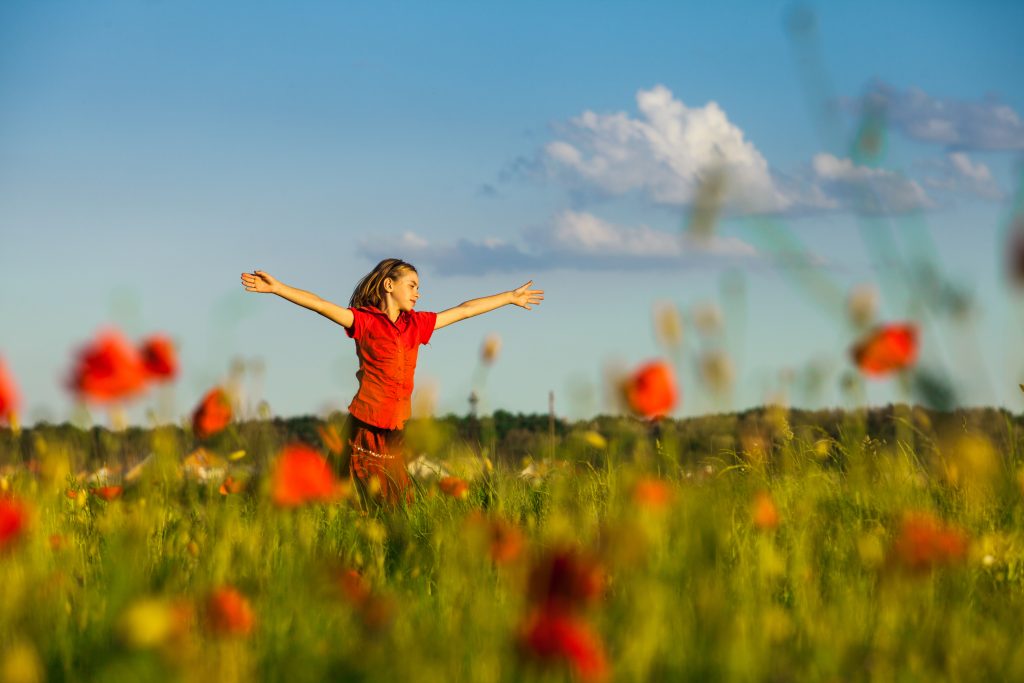

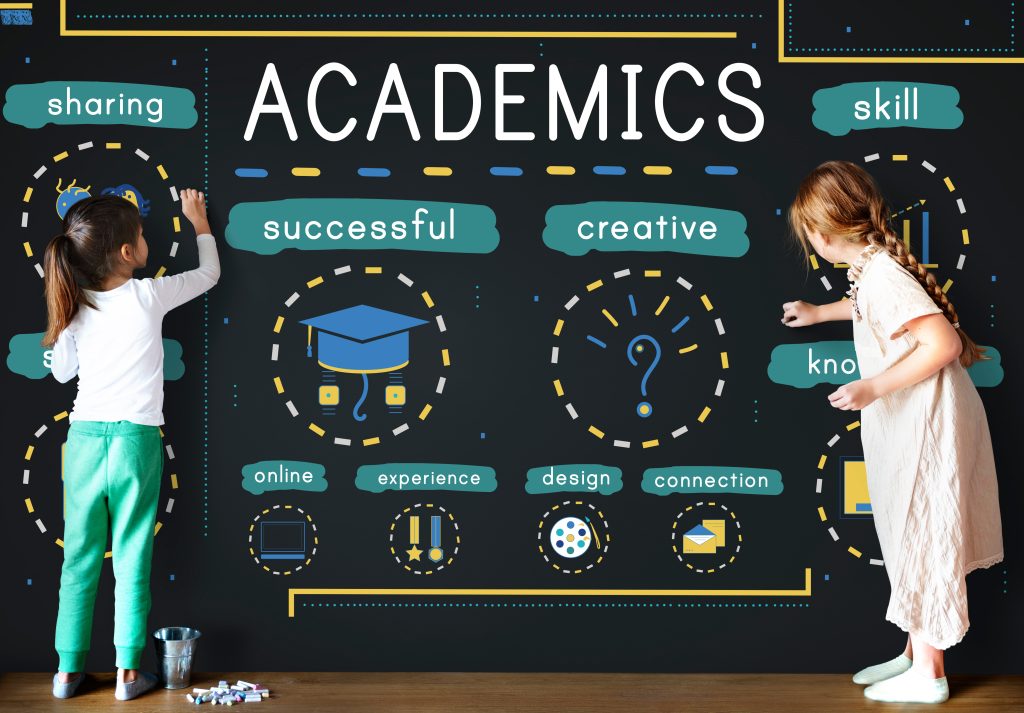
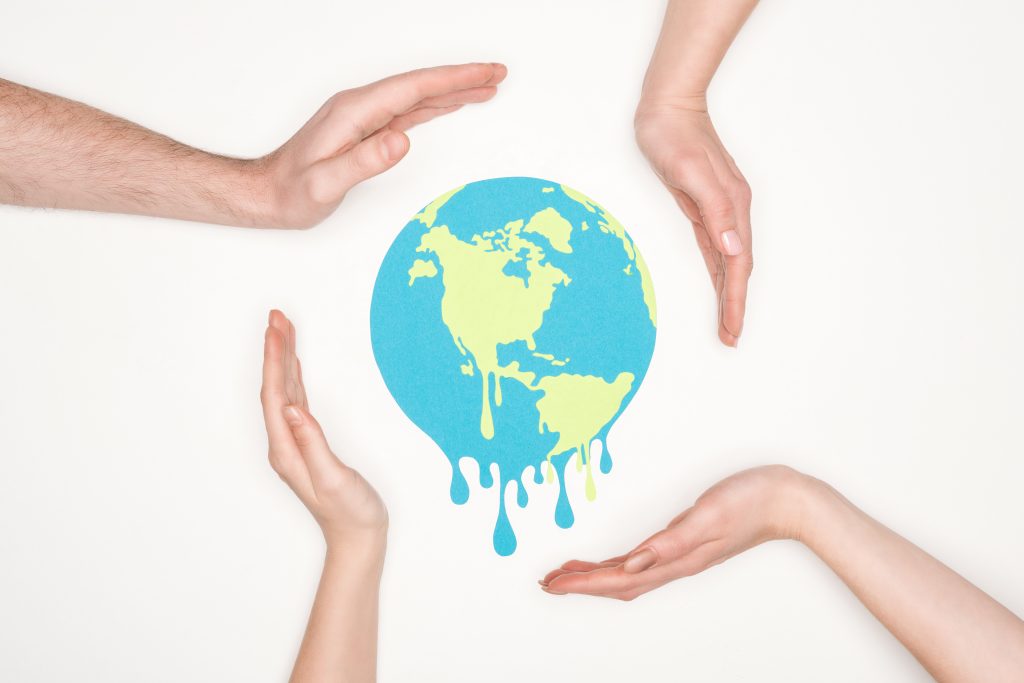

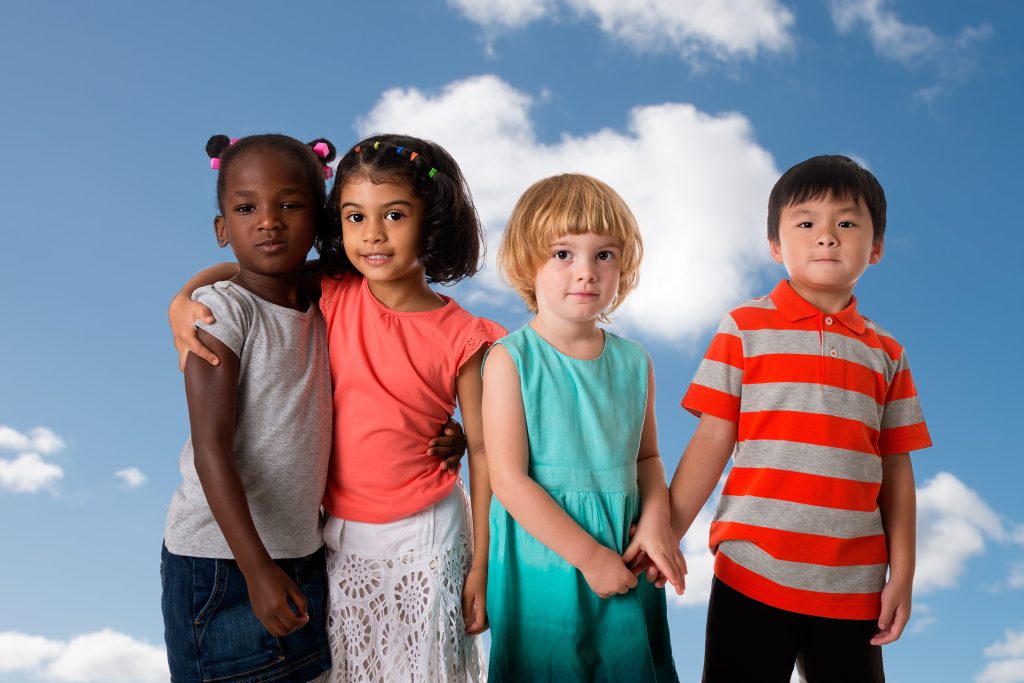
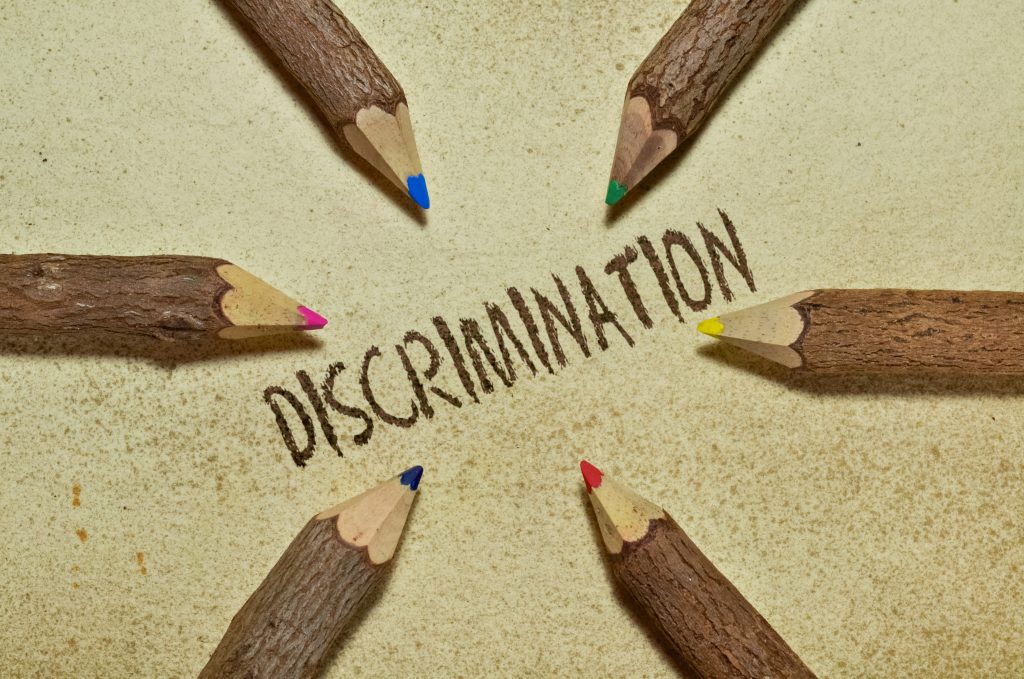
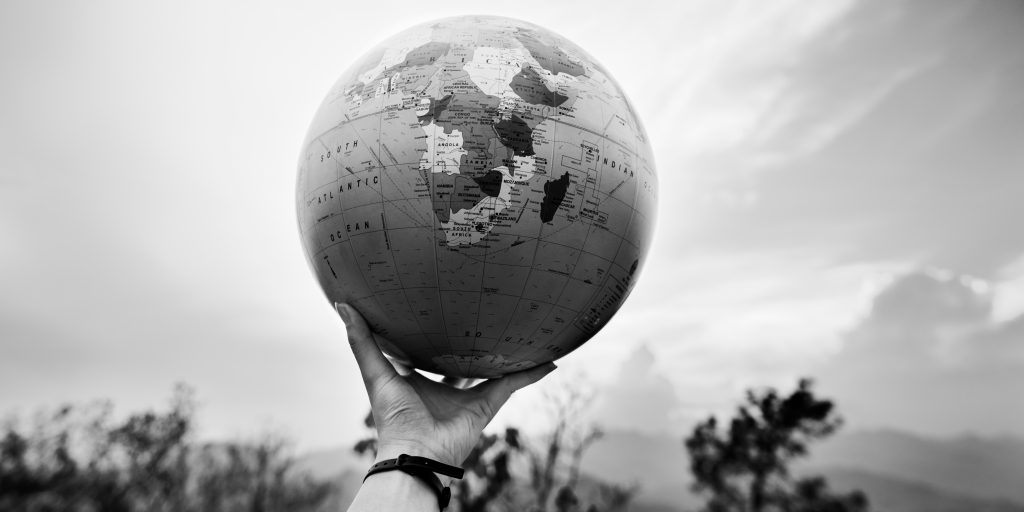

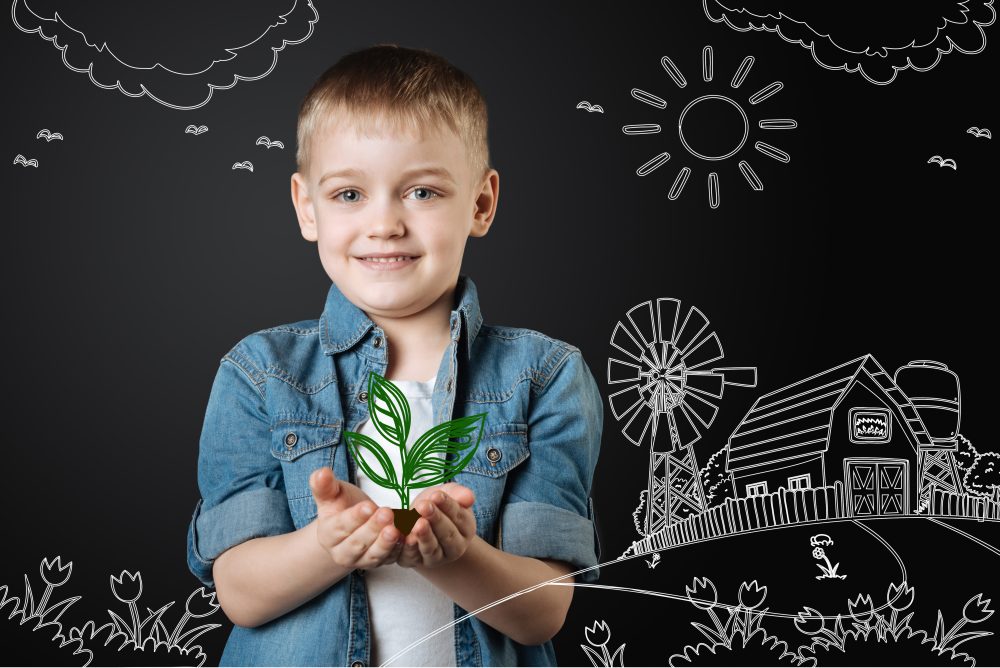
Leave a Reply